

According to BreastCancer.org, hair loss occurs because chemotherapy targets all rapidly dividing cells—healthy cells as well as cancer cells. “Hair follicles, the structures in the skin filled with tiny blood vessels that make hair, are some of the fastest-growing cells in the body. If you’re not in cancer treatment, your hair follicles divide every 23 to 72 hours. But as the chemo does its work against cancer cells, it also destroys hair cells. Within a few weeks of starting chemo, you may lose some or all of your hair,” the organization wrote.


People who are having chemotherapy, can experience both gradual and dramatic hair loss: clumps in their hairbrush, handfuls in the tub drain or on their pillow. “Whichever way it happens, it’s startling and depressing, and [people] will need a lot of support during this time.”


And while some chemotherapy drugs affect only the hair on a person’s head, others cause the loss of eyebrows and eyelashes, pubic hair, and hair on their legs, arms, or underarms.
“The extent of hair loss depends on which drugs or other treatments are used, and for how long. The various classes of chemotherapy drugs all produce different reactions.”
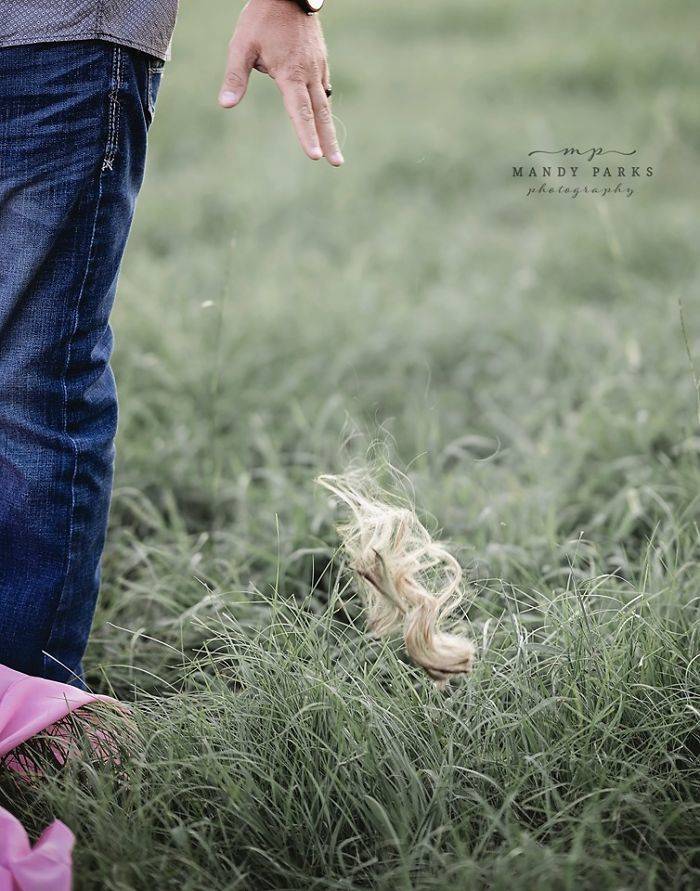
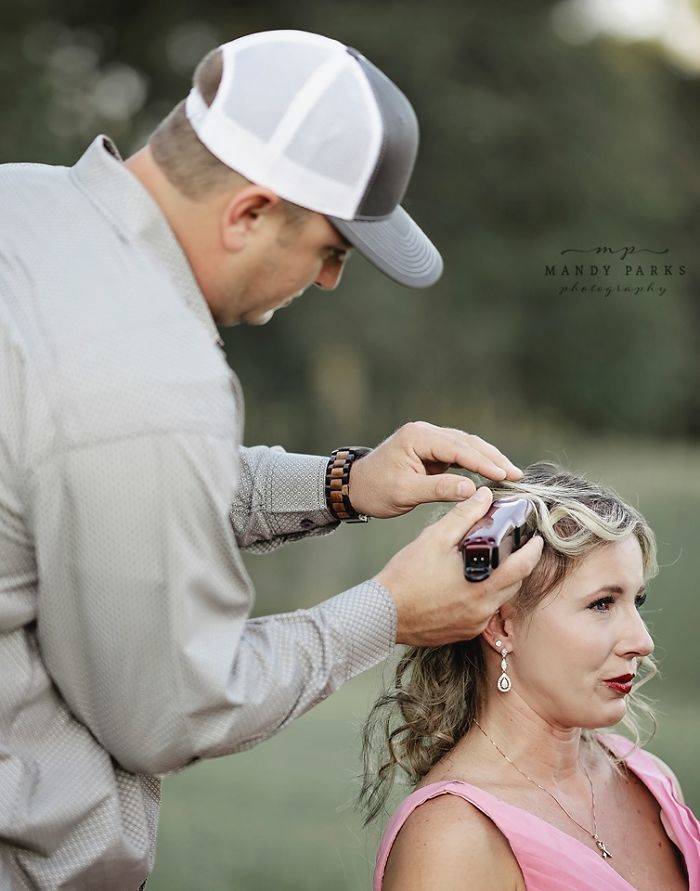
Some of the people who begin chemotherapy and start losing their hair want to cut it very short to ease into the transition. It’s really challenging. Losing your hair may make you feel less attractive and seductive.
In Kelsey and Charlie’s situation, it’s clear that the intimacy they have with each other doesn’t depend on looks. Their bond is a testament to couples that appearance is just a minor player in what truly matters.

In the U.S., about 1 in 8 women (roughly, 12%) will develop invasive breast cancer over the course of her lifetime. In 2019, an estimated 268,600 new cases of invasive breast cancer are expected to be diagnosed in women in the U.S., along with 62,930 new cases of non-invasive (in situ) breast cancer. And although medical tests can be nerve-wracking, they are essential in keeping women’s breasts healthy and getting them proper care if they develop breast cancer.


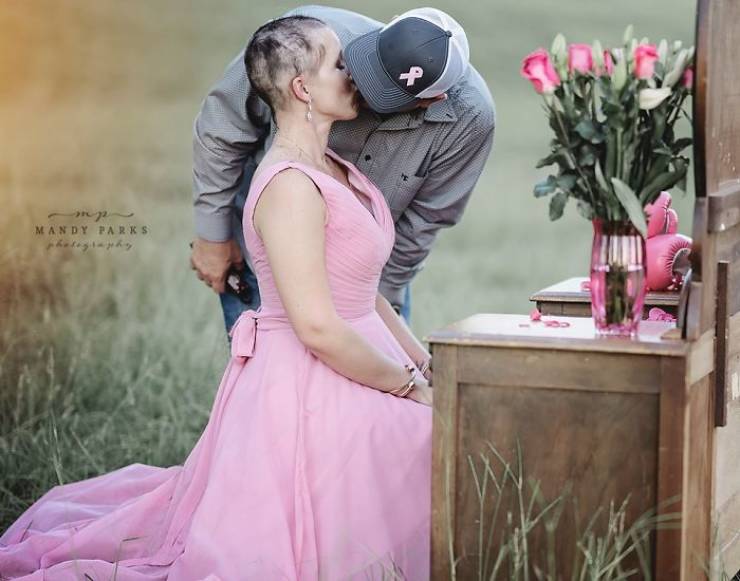



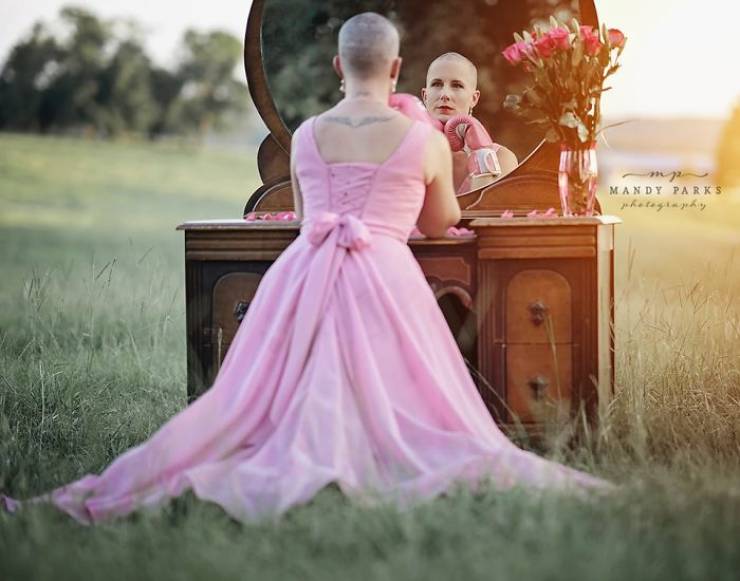




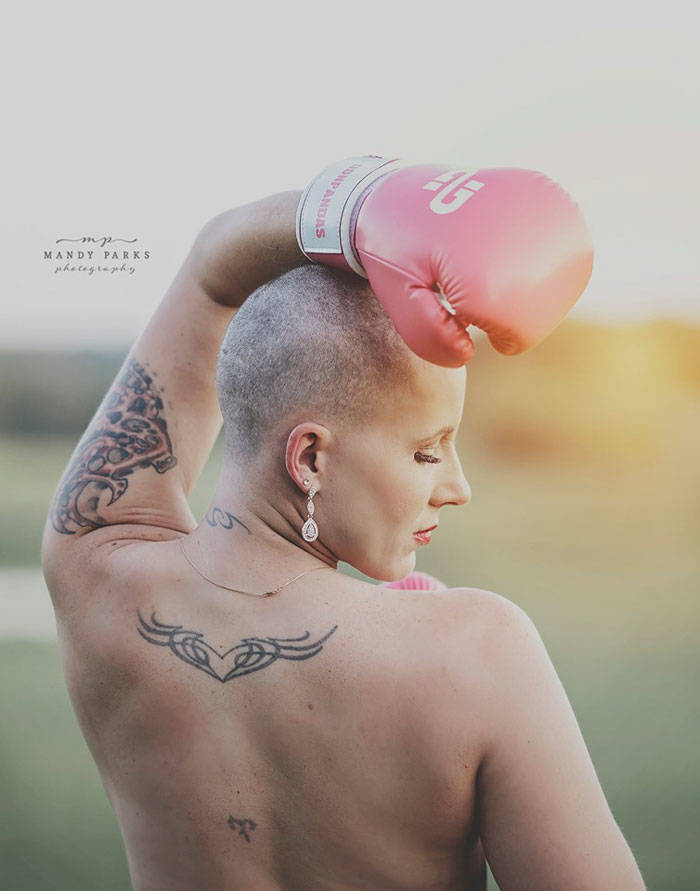

 Barnorama All Fun In The Barn
Barnorama All Fun In The Barn